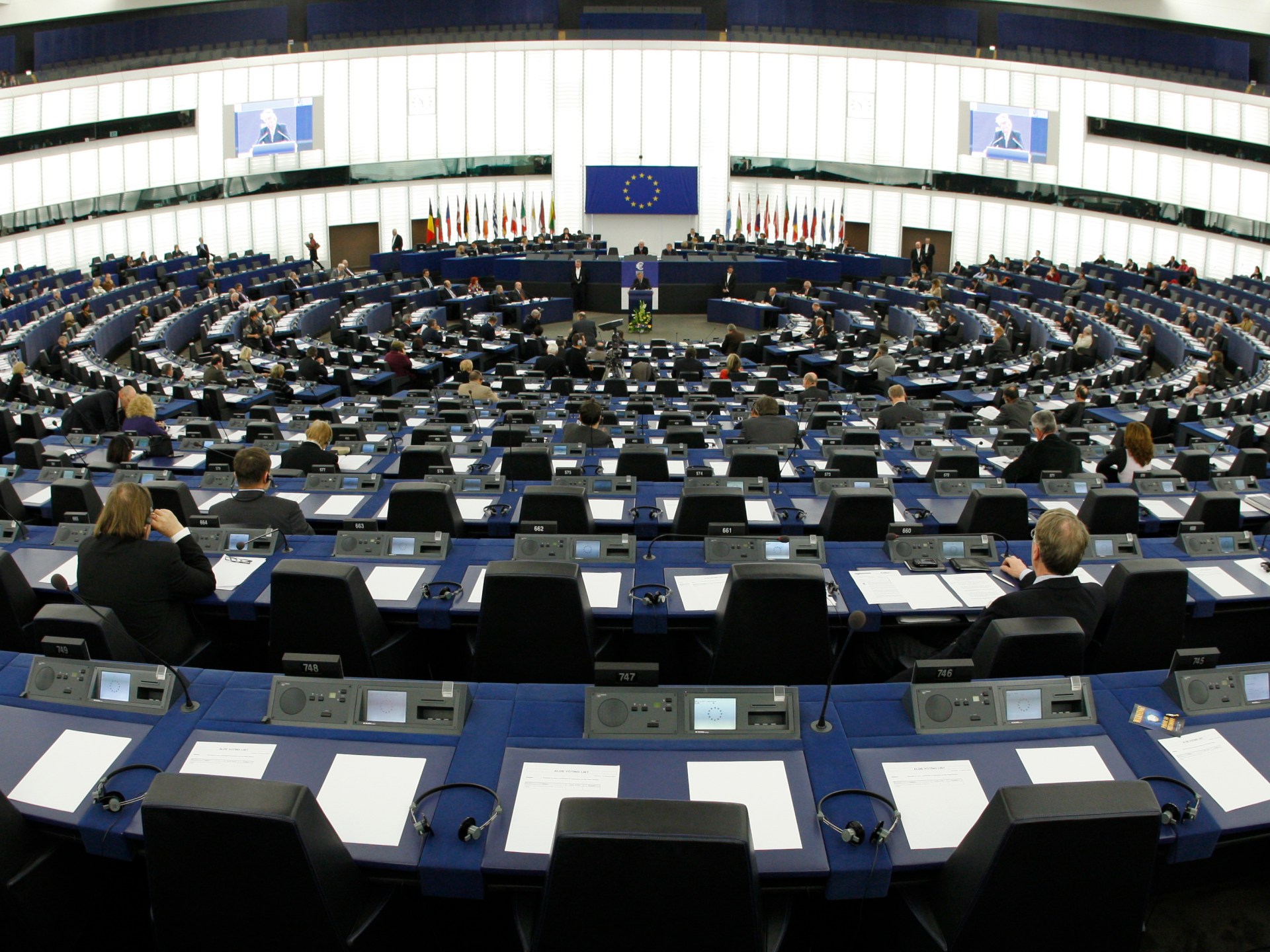Ursula von der Leyen, the head of the European Union, praises the AI Act as a groundbreaking measure that will protect the rights of individuals and businesses.
The European Union has introduced a groundbreaking piece of legislation, known as the “AI Act,” to regulate artificial intelligence comprehensively. This significant milestone comes after an extensive 38-day deliberation among policymakers, culminating in the approval of the legislation on Friday.
The AI Act, hailed as a pioneering global initiative, establishes a unique legal framework aimed at promoting the progress of AI, as highlighted by EU leader Ursula von der Leyen. She emphasized that the Act is designed to uphold the fundamental rights of individuals and businesses, aligning with the EU’s core social principles.
The recent introduction of OpenAI’s ChatGPT has brought increased attention to the field of AI, propelling the momentum behind the enactment of the “AI Act,” initially proposed by the EU’s professional body in 2021.
Governments worldwide, recognizing the potential benefits of AI alongside concerns such as misinformation and job displacement, view this legislation as a significant global standard.
The next steps involve the ratification of the legislation by member states and the EU parliament, following delays due to disagreements over language regulations concerning online content removal and AI usage by governmental entities and security services.
Under the provisions of the law, technology companies operating in the EU will be required to disclose the data used to train AI algorithms and undergo rigorous product testing, particularly in high-risk sectors like autonomous vehicles and healthcare.
The legislation prohibits the indiscriminate collection of images from the internet or surveillance footage for facial recognition databases but allows law enforcement to use “real-time” visual identification for investigating serious crimes and terrorism.
Software firms found in breach of the regulations could face fines of up to 7% of their global turnover, depending on the severity of the violation and the company’s size.
Amid a complex landscape of global regulations, the EU’s legislation stands out as the most comprehensive effort to date in regulating AI. While China has implemented laws mandating AI adherence to “communist core values” and the United States issued an executive order focusing on AI’s national security implications and discrimination, other countries like the UK and Japan have adopted a more hands-off regulatory approach.






